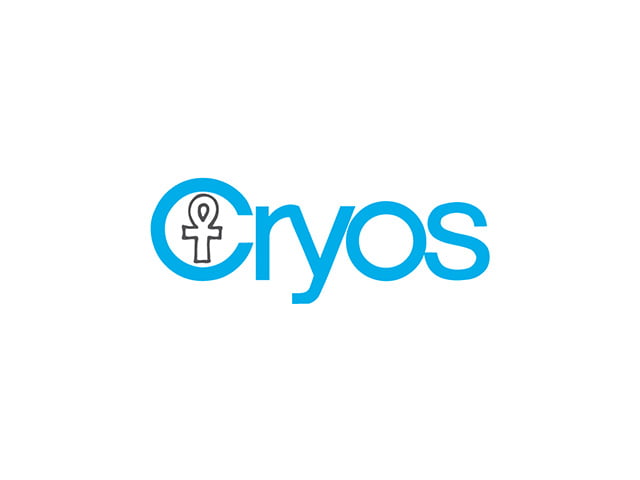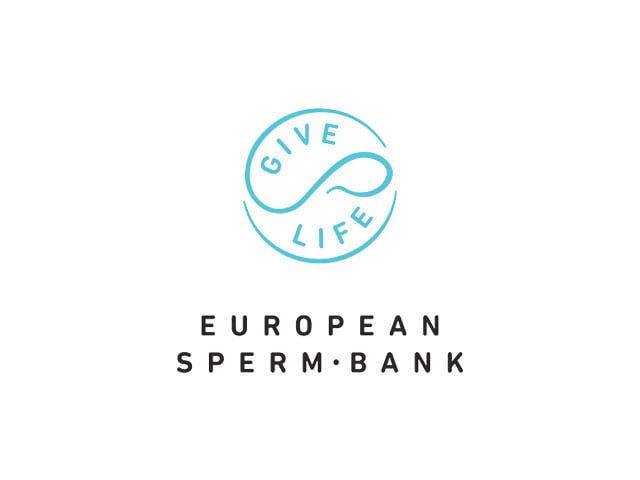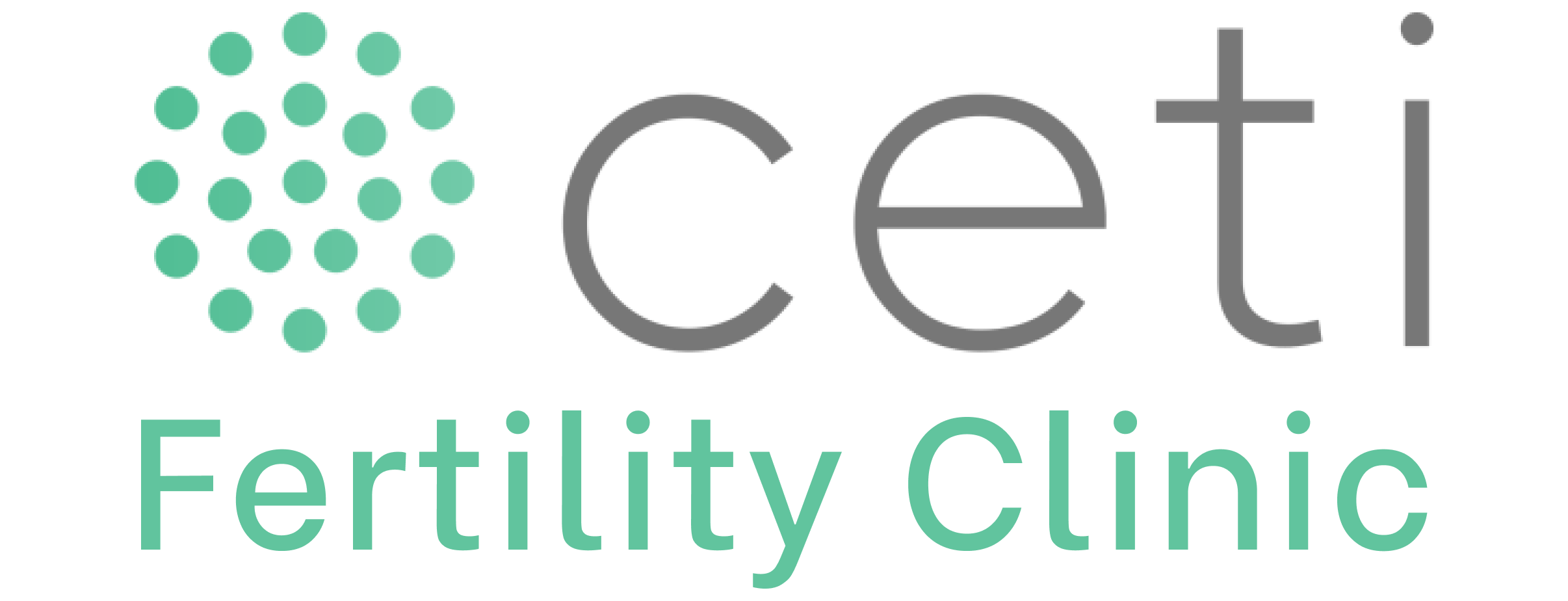Sperm Donation
About Sperm Donation
Spermatozoa are the germ cells or male gametes that can fertilise an oocyte, giving rise to an embryo that can result in pregnancy.
Sperm donation is a voluntary and altruistic act, enabling a couple or a woman to realise their dream of parenthood thanks to the sperm of a third party.
To be able to donate sperm, there are a number of prerequisites. Applicants must be aged between 18 and 40, free from sexually transmitted diseases, free from hereditary diseases and have blood tests carried out 6 months after the last donation.
The sperm donation process generally involves 3 stages:
- Sperm collection for preliminary analysis, fertility assessment, blood tests and interview (Psychology)
- Donation (maximum 7 sperm collections)
- Blood tests (6 months after the last collection)
CETI works with two internationally renowned sperm banks based in Denmark: the European Sperm Bank and Cryos International. Both ensure that all legal requirements are met so that the donation can be carried out safely.
The selected sperm samples are ordered from the gamete bank and sent to the CETI facilities, in compliance with all safety standards to ensure that the quality of the samples is preserved.
The main reasons for using donor sperm are :
- When sperm quality is poor and pregnancy has not been achieved with medically assisted reproduction techniques already tried.
- In the absence of spermatozoa (azoospermia) both at ejaculation and at testicular biopsy.
- If the man is a carrier of a genetic disease.
- If the man is a carrier of a sexually transmitted disease and it has not been possible to eliminate the virus from the sperm.
If the clinic does not have a sperm donation programme, the samples required for treatment will be purchased from a bank that meets all the necessary requirements and where the legal provisions of Portuguese law apply.
As with oocytes, the anonymity of the donor in relation to the recipient or recipient couple and vice versa is mandatory. The lifting of anonymity does not only apply to the person born as a result of this process, if they are aware of it and when they reach the age of majority.
Law no. 58/2017 of 25 July – Article 10 – Donation of sperm, oocytes and embryos.
1 – Oocytes, sperm or embryos donated by third parties may be used when, taking into account objectively available medical-scientific knowledge, pregnancy or pregnancy without serious genetic disease cannot be obtained by the use of any technique using the recipients’ gametes and provided that effective conditions are ensured to guarantee the quality of the gametes.
2 – Donors may not be considered as the parents of the unborn child.





Partnerships

International Cryos
Cryos International is an international sperm and egg bank based in Aarhus, Denmark, with the world's highest number of registered pregnancies and the world's largest selection of carefully selected donors.

European Sperm Bank
The European Sperm Bank is one of Europe's largest and most respected sperm banks, based in Copenhagen, Denmark. All donors undergo a thorough selection process to ensure that they are in good health and have excellent quality sperm samples.

